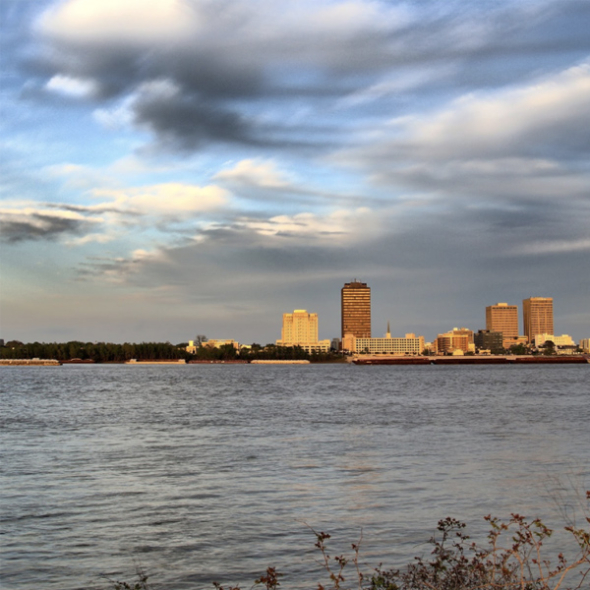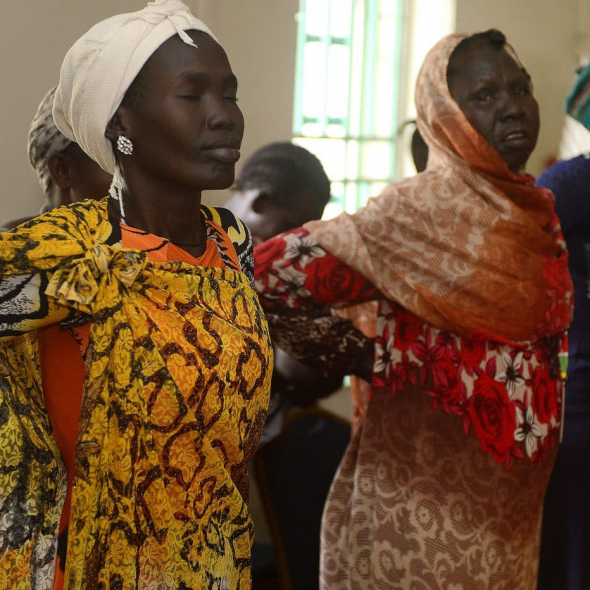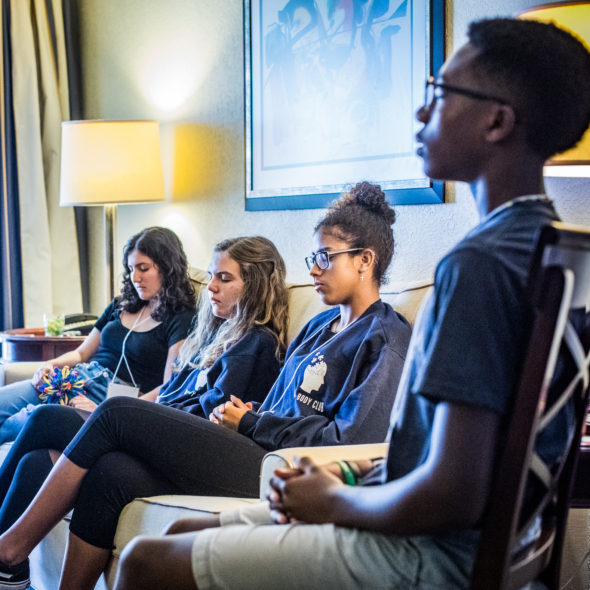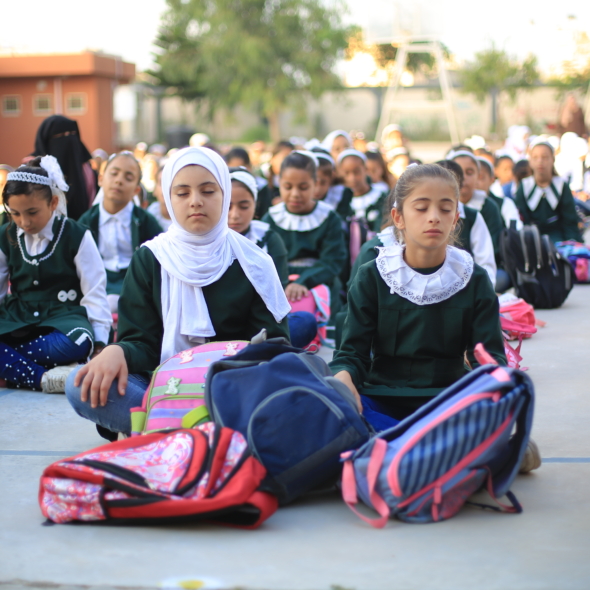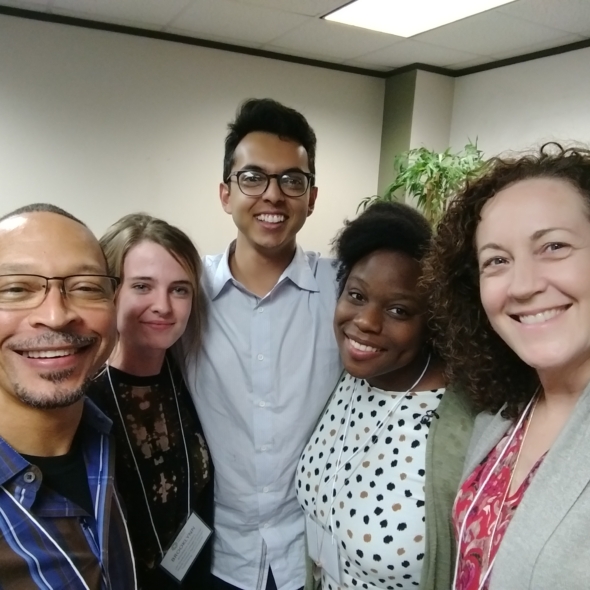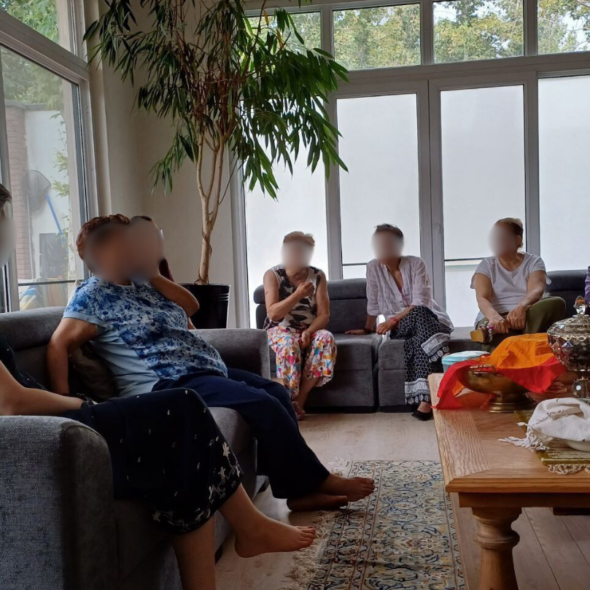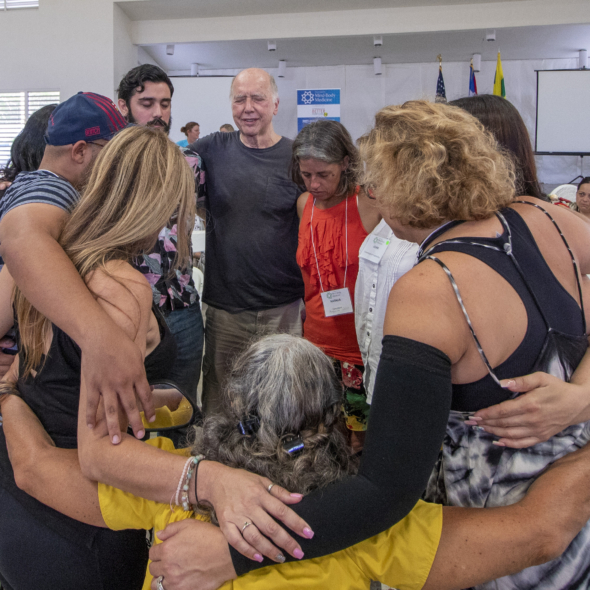Community leaders often feel burdened by the pressure of making decisions that impact not only their lives, but also the lives of others. The pressure of making decisions under time constraints may also reduce concentration, limit creativity, and make it difficult to process information. This responsibility can also manifest in feelings of isolation, sleep deprivation, burnout, and negative mood.
Community leaders step up and guide their communities through traumatic times, but they also need support systems to work through their own trauma. We begin our work with communities by teaching their leaders self-care and giving them the experience of small group support. We then teach them to use what they have learned with the communities they serve. The same techniques that help communities grow and heal can help leaders reduce stress and build resilience. Elected officials, nonprofit leaders, faith leaders, and community organizers experience similar stressors that impact their ability to lead and help others.
Faith leaders are also a point-of-contact for the millions of Americans who struggle with depression, anxiety, and suicidal thoughts. Serving as a safety net for their communities, while fulfilling, can also be a source of stress for faith leaders.
The COVID-19 pandemic has been a major source of stress for community leaders and those whom they serve. Uncertainty may make leaders less effective communicators and experience more negative emotions that may, in turn, reduce the community’s trust in their expertise. Loss of trust can contribute to further feelings of stress.
How do we work with community leaders?
We partner with community leaders to create comprehensive mind-body medicine programs to help heal their community’s past trauma, manage ongoing stress, and build resilience against future trauma. We also aim to empower leaders to implement our model in their own self-care routines, as leaders who have learned to help themselves are far more effective in helping their community to do the same.
Our work with community leaders
Mind-body medicine has shown that children and adults who practice self-care skills are better able to heal from the trauma of war, violence, and extremism, build resilience from climate-related disasters, and treat mental health crises. Community leaders who practice self-care skills are better able to recognize and treat their community’s stress responses.
